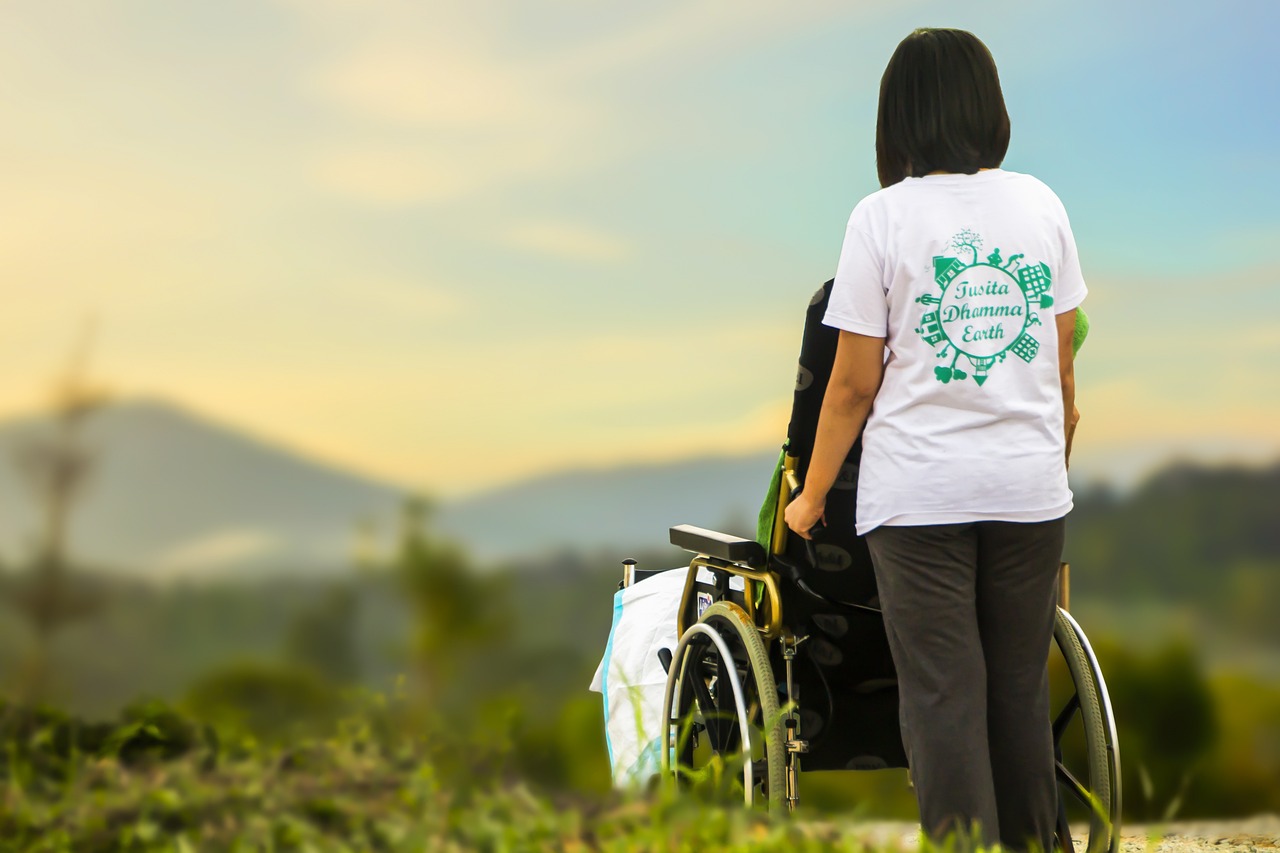Book Appointment Now

Why Geriatric Nursing Is Becoming More Important
The demand for healthcare professionals specializing in geriatric nursing has been steadily increasing. With the global population aging at a rapid rate, the need for nurses trained in the care of elderly patients has never been more critical. Why geriatric nursing is becoming more important is rooted in the demographic shifts, increased chronic health conditions, and the need for specialized care that meets the unique needs of older adults. This article explores the factors driving the growing importance of geriatric nursing and the critical role nurses play in providing care to aging populations.
Get a custom nursing essay about Geriatric Nursing
Order Custom Nursing Essay
The Growing Aging Population
One of the primary reasons geriatric nursing is becoming more important is the significant rise in the global elderly population. According to the World Health Organization (WHO), the number of people aged 60 years and older is expected to reach 2.1 billion by 2050. This demographic shift is a direct result of increased life expectancy, improved healthcare, and declining birth rates in many parts of the world.
Impact on Healthcare
With the rapid growth of the elderly population, healthcare systems are facing new challenges, including:
- Increased demand for long-term care: More elderly individuals require assistance with daily living activities and chronic disease management.
- Higher prevalence of chronic conditions: Older adults are more likely to suffer from multiple chronic illnesses, such as diabetes, hypertension, and dementia, all of which require specialized nursing care.
- Strain on healthcare resources: As the population ages, healthcare systems must adapt to meet the complex needs of elderly patients, making geriatric nursing a critical field.
Unique Challenges in Geriatric Nursing
Geriatric nursing involves addressing the unique physical, emotional, and social needs of older adults. Elderly patients often face a combination of health challenges, which require a multidisciplinary approach to care.
1. Chronic Health Conditions
Elderly patients are more likely to suffer from chronic conditions such as arthritis, heart disease, diabetes, and Alzheimer’s. These diseases often require long-term management and specialized care, which geriatric nurses are trained to provide.
Nursing Solutions:
- Geriatric nurses focus on managing symptoms, preventing complications, and improving the overall quality of life for elderly patients.
- They provide education to patients and their families on managing chronic conditions at home, reducing hospital readmissions.
2. Cognitive Decline
Cognitive issues like dementia and Alzheimer’s disease are more common in older adults. Caring for patients with these conditions requires a specific skill set, including patience, empathy, and the ability to handle challenging behaviors.
Nursing Solutions:
- Geriatric nurses receive specialized training in managing cognitive decline, including techniques for communication, behavioral management, and creating safe environments for dementia patients.
3. Polypharmacy
Many elderly patients take multiple medications to manage various conditions, a situation known as polypharmacy. This increases the risk of medication errors, adverse drug reactions, and complications.
Nursing Solutions:
- Geriatric nurses play a crucial role in medication management, monitoring for side effects, and ensuring that medications are taken correctly and safely.
4. Emotional and Social Needs
Elderly patients often face emotional challenges such as loneliness, depression, or anxiety. Social isolation is common among the elderly, particularly those living alone or in nursing homes.
Nursing Solutions:
- Geriatric nurses offer emotional support and counseling, helping elderly patients maintain their mental health and quality of life.
- They also work with families to ensure that patients remain socially connected and supported.
The Growing Demand for Geriatric Nurses
As the population ages, the need for specialized geriatric nurses will continue to rise. Geriatric nurses are essential for providing high-quality care that addresses the complex needs of older adults. The demand for these nurses is expected to increase in various healthcare settings, including:
- Hospitals: For managing acute conditions in elderly patients.
- Nursing homes: Where long-term care is provided for patients with chronic illnesses or cognitive decline.
- Home healthcare: For elderly individuals who prefer to receive care at home, allowing them to maintain independence.
Educational and Training Requirements
To meet the increasing demand for geriatric nurses, many nursing schools are expanding their geriatric nursing programs. Nurses interested in specializing in geriatric care often pursue certifications, such as the Gerontological Nursing Certification, and attend training programs focused on elderly care. Also read: Teaching plan for a geriatric patient
Why geriatric nursing is becoming more important is evident from the growing elderly population and the unique healthcare needs of older adults. As life expectancy increases, so does the demand for specialized nursing care that can effectively manage chronic conditions, cognitive decline, and the emotional well-being of elderly patients. Geriatric nurses are essential in providing compassionate, skilled care that enhances the quality of life for older adults, making this field an integral part of the future of healthcare.
Recommended readings:
- Fall in Geriatric Patients Project Assignment
- Fall Rate Among Geriatric population
- Psychosis in Geriatric Patient essay assignment







